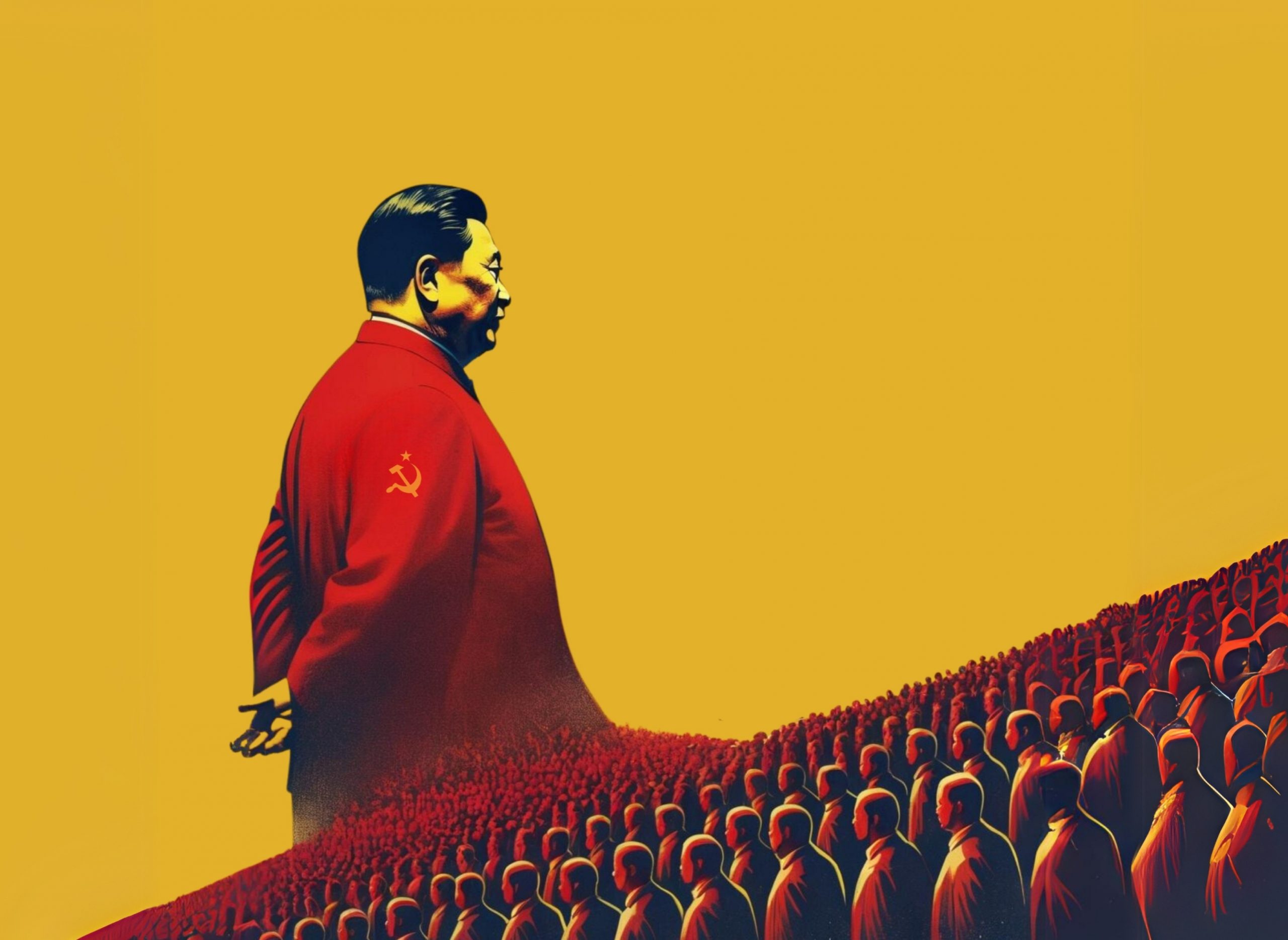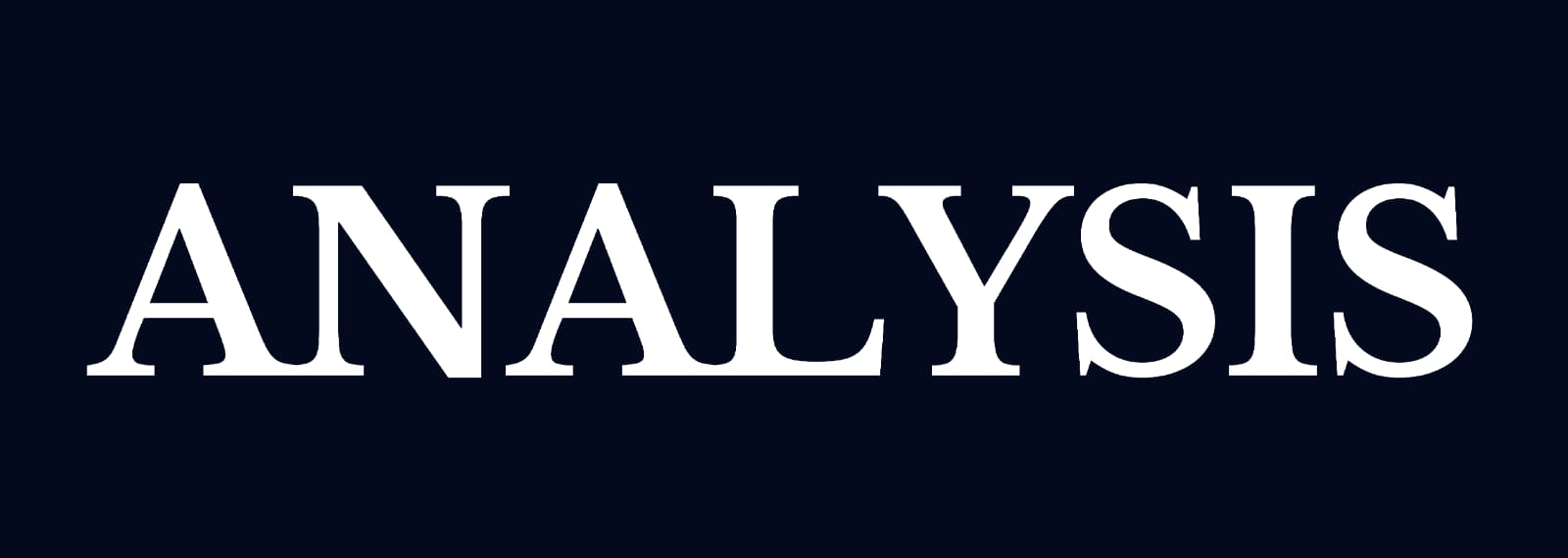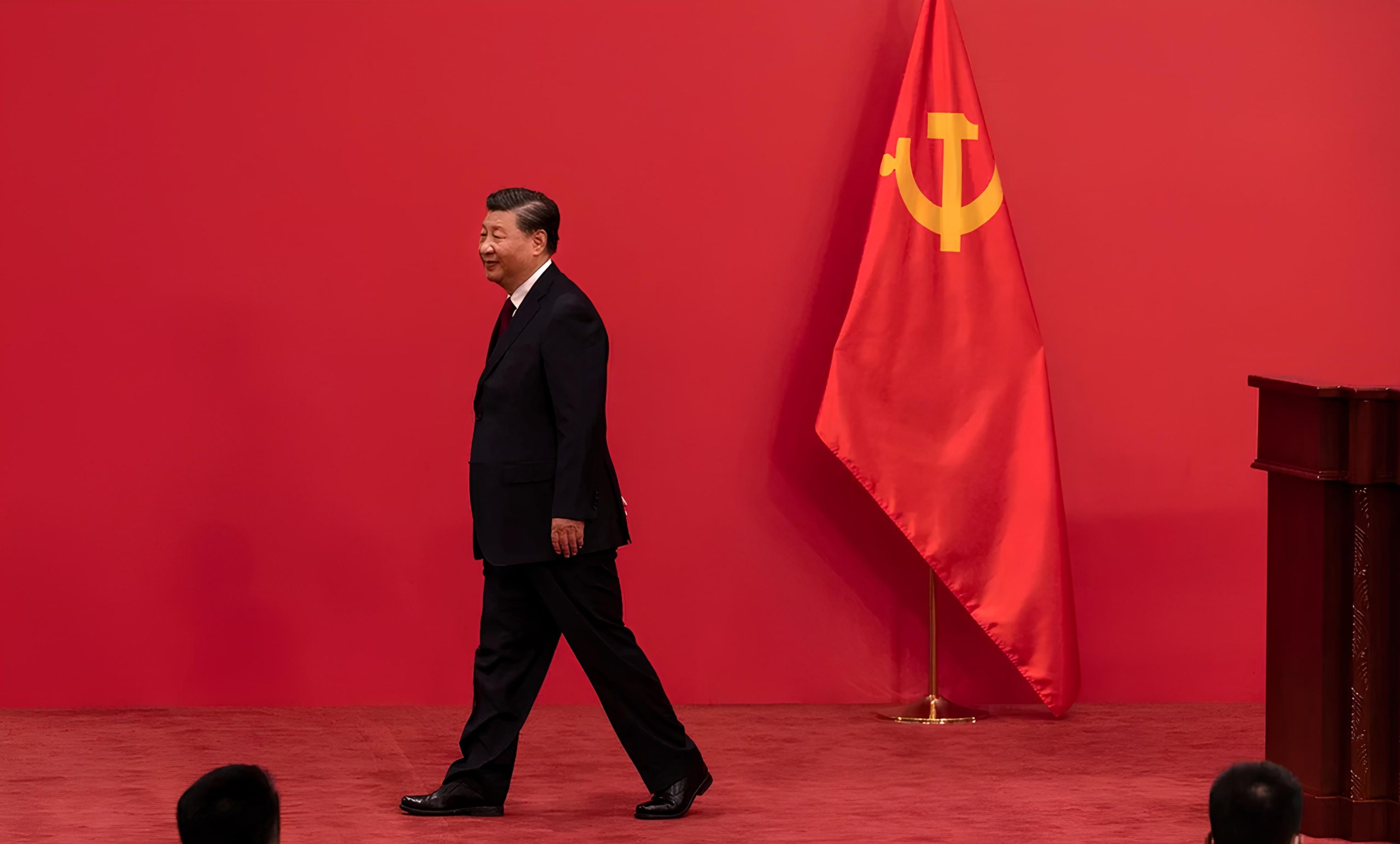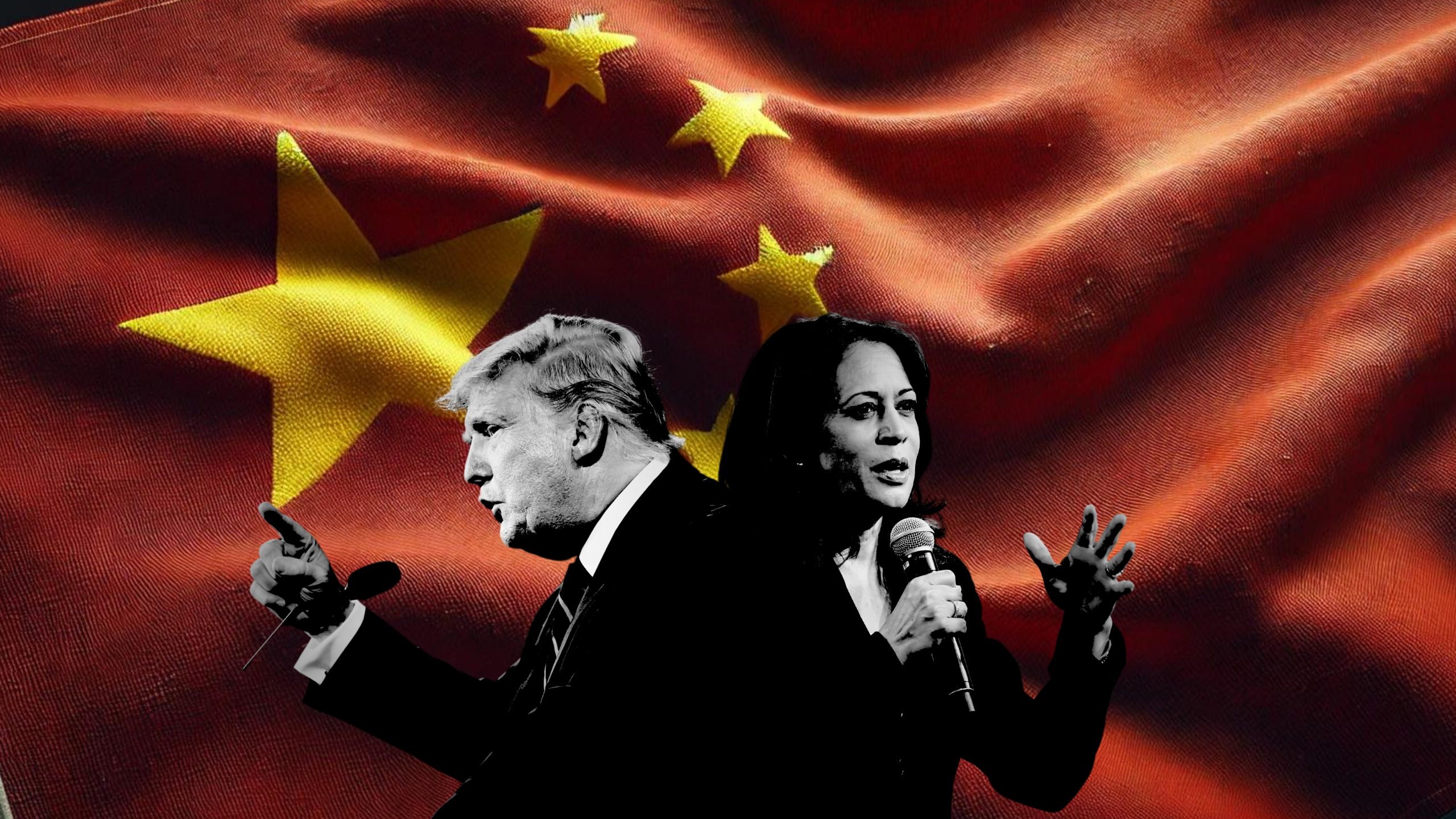









Under Xi Jinping, China has navigated complex challenges and achieved significant growth, redefining its global standing. From Maoist foundations to ambitious projects like the Belt and Road Initiative, Xi’s leadership marks a pivotal chapter in China’s quest for global influence and regional dominance.
JUNE 25, 2024

China with its huge landmass and diverse culture has always occupied a key position on the world map. The country has also faced some downhill trends during its historical evolution. In the testing times, the role of central leadership determined the destiny of the Chinese nation. In the recent history, Mao Zedong is one of key leaders who has largely altered the circumstances at hand and rewrote the greatness of China. Following the same lines, Xi Jinping has emerged as a unique leader in China’s history, during his reign China has undergone several changes in its state as well as political affairs. Though Xi has remained successful in order to maintain the growth trajectory of China, there were various challenges that he faced as well.


As Kamala Harris emerges as the new Democratic nominee and Trump faces unprecedented challenges, China remains notably silent, hinting at a strategic shift in how Beijing views the unfolding U.S. election drama.

William Lai’s election as Taiwan’s President will further stoke tensions with China, but a full-blown military conflict remains unlikely, for now.
There are various theoretical as well as empirical lenses in order to study the China’s pathway towards success and glory. All these perspectives provide a distinct lens though they all agree on the central argument, China represents a unique case in the history of mankind, in a way that they have managed to rose from the ashes and are now in a position to challenge the dominance of the hegemon despite all the challenges. The story of Chinese greatness is incomplete without the role of central leadership. They all have proved themselves prudent and far-sighted which is clearly evident from their contributions. Mao Zedong, the father of modern China, is although a controversial figure, his Great Leap Forward programme and Cultural Revolution did not prove as successful as he envisioned. But from achieving independence for his nation, saving them from Japanese imperial tendencies, and building the efficient communist institutions, his role cannot be denied.
Moving further, the vision of Deng Xiaoping provides the most interesting case study. Taking lessons from USSR, he adopted the policy of economic integration in the western led financial system while keeping the authoritarian and centralized control in the political system intact. The policy came under great scrutiny at that time but it has survived the test of time and can be considered as the turning point in the history of Chinese success trajectory. In the list of key leaders, Xi Jinping emerged as another significant leader. His ascendence to power reveals his commitment to the cause. China during the reign of Xi has witnessed a steady growth as the economic trends were not that sharp if compared to the previous tenures. However, it does not mean that China has forgotten its destiny, as the communist control over power corridors has further aggravated. During Xi’s rule, China has extensively embarked on the routes of decentralized authoritarianism, the policy which has largely served in the case of China. It not only tightened the control of Chinese Communist Party on the government structure, however also gave the lower cadre the opportunity to express themselves fully within the Chinese state system.
With Xi Jinping, now serving the third tenure in power, it is believed that during his rule even the role of central structure of Communist Party has declined. He has largely accumulated power in his own hands and does not even let the Politburo, the highest governing body, to exercise its authority in the key matters of national interest. Xi has exercised a distinct leadership style, with Maoist as well as populist tendencies. His Maoist vision has helped him to resonate with the Chinese society and get legitimacy for his power. Through there are some voices of dissent from inside of China due to Xi’s unapologetic authoritarian control, the CCP with its strong centralized rule has managed to cope up with it. Xi Jinping has also embarked on the journey of making China great again as before 2012, China was inadvertently focused on its internal growth and integration. Xi has introduced the landmark projects like the Belt and Road Initiative which is a testament for his vision of Great China.
Xi is destined to make China a strong regional power as is posing significant challenge to his key regional contenders including India and other East Asian States. While securing his regional hegemony, he has posed open contestation to the US global hegemony. There are contending opinions regarding this as well. As certain analysts believe that China has already challenged US hegemony while others believe that the country though has opportunities and capabilities, lack the required will to come at the forefront with the US. With issue like Taiwan and South China Sea provides an open ground for both the parties to win the race, China under the leadership of Xi seems determined than ever before. The case of China’s transformation during Xi Jinping era is of great debate and contestation. However, there is a consensus on the argument that the world is no more unipolar with the rise of China as a key global player. During Xi’s rule, China has continued its progress under the Vision 2035 and is determined to move upward and forward.
A curated seletion of FA’s must-read stories.
Written By: SeungHawn Kim
Written By: RIZWAN RAFI TOGOO
Written By: MARCO MENDEZ
Written By: KRISHNA ACHNAF HERINDRA
Written By: BILLY AGWANDA
Written By: SURUTHI LENIN
Written By: BERK TUTTUP
Written By: ALEXANDER BERGH

Eman is an undergraduate student specializing in International Relations. With a particular focus on Pakistan's security landscape, her research extensively covers human security, governance, and sustainable development. Additionally, she has a keen interest in foreign policy, especially pertaining to the Asia-Pacific region. She brings practical experience and a portfolio of publications to her academic pursuits, underscoring her commitment and expertise in these critical areas.
Written By: BATUHAN GUNES
Written By: KRISTIN HYNES
Written By: ERIC SONG
Written By: ALEXANDER BERGH
Written By: KATE-REID SMITH
Written By: JOSEF SCHOEFL
Written By: PATRIC MCFARLAND
Written By: FATIH CEYLAN
FA’s flagship evening newsletter guilding you through the most important world streis ofthe day. Delivered weekdays.